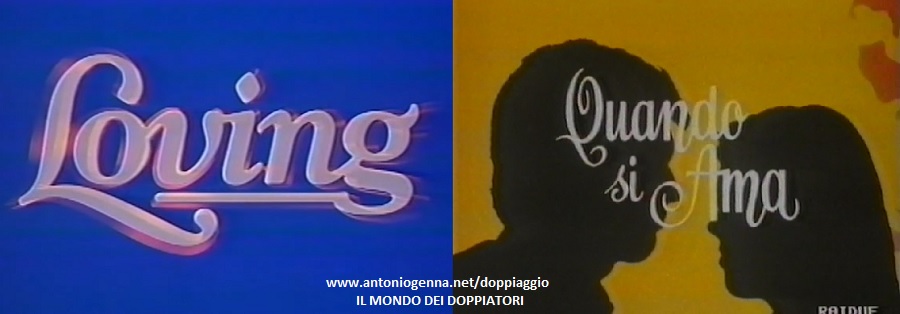old question of what you of you and you .
issue that is garbled when during Mussolini's regime "was banned the use of her , considered (but wrongly) of foreign origin and they tried to impose you (1938) [1].
issue that is garbled when during Mussolini's regime "was banned the use of her , considered (but wrongly) of foreign origin and they tried to impose you (1938) [1].

Why prof. Serianni writes wrong?
Let's look more closely:
That there is (state) agency in the implementation of * you * ( you, you or you?) Is patent, but it is not only a matter of history of the language - in my opinion - but also to sociolinguistics.
Let's look more closely:
- English - there is neither the you nor you, but an all-inclusive "you"
- French - there is you, only you and you (you / vous) - tu es, vous êtes
- German - there is a you -s plural and takes a capital letter (Sie) - du bist, sind Sie [but the Germans were friends in '38!]
- English - there is you : Usted (I say that in Latin America will also use "Vos")
- Croatian - there is you, only you and you (ti / vi) you are, you ste ...
That there is (state) agency in the implementation of * you * ( you, you or you?) Is patent, but it is not only a matter of history of the language - in my opinion - but also to sociolinguistics.

remember a U.S. TV soap Agnes Nixon, who since the early 80s to mid 90s raged in Italy and France (for those who wish to retrieve it, the original title was Loving, When you love the Italian and French Amoureusement vôtre ). In the Italian version
many people - either because they are co-workers, or because peers - are given the "you".
The same scene is dubbed into French by using the "vous."
here has nothing to do the exact translation (always "you" in English): this has to do with management sociolinguistics of the respective countries (Italy, France).
But we go beyond. For example, I noticed that the "you" in Mastro Don Gesualdo Giovanni Verga is used not only by those who are socially superior to those who are less (the notary Blacks gives you the Gesualdo which in turn gives you the ) , but on the contrary (especially in shape worship) .
Not to mention that the 'use of you survives today in some rural areas as an expression of deference to the person to whom it is addressed, and that sometimes it is still apparent on business.
I remember my mother gave you the to his sister - my father's sister -, who was 15 years older than her (and my mother gave you the ). That was until a few years ago, before the death of my aunt.
enclose some youtube video that shows what I said above.
An Affair to Remember ( An Affair to Remember) is 1957: Use of you.
many people - either because they are co-workers, or because peers - are given the "you".
The same scene is dubbed into French by using the "vous."
here has nothing to do the exact translation (always "you" in English): this has to do with management sociolinguistics of the respective countries (Italy, France).
But we go beyond. For example, I noticed that the "you" in Mastro Don Gesualdo Giovanni Verga is used not only by those who are socially superior to those who are less (the notary Blacks gives you the Gesualdo which in turn gives you the ) , but on the contrary (especially in shape worship) .
Not to mention that the 'use of you survives today in some rural areas as an expression of deference to the person to whom it is addressed, and that sometimes it is still apparent on business.
I remember my mother gave you the to his sister - my father's sister -, who was 15 years older than her (and my mother gave you the ). That was until a few years ago, before the death of my aunt.
enclose some youtube video that shows what I said above.
An Affair to Remember ( An Affair to Remember) is 1957: Use of you.

Scene declaration Rhett to Scarlett (Gone with the Wind 1939): all with you , in Italian.
Sounds an old song sam English
He plays an old song and sam in Italian (1942 , you use the )
_______

0 comments:
Post a Comment